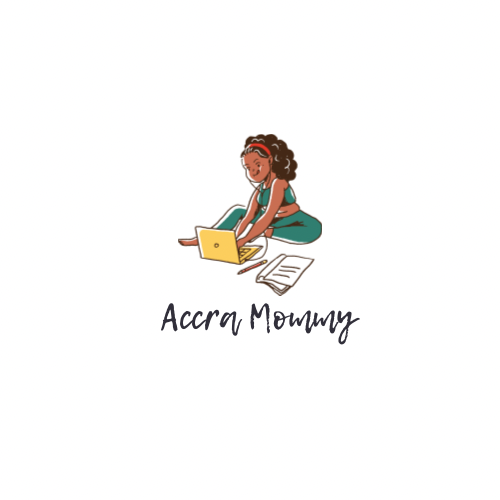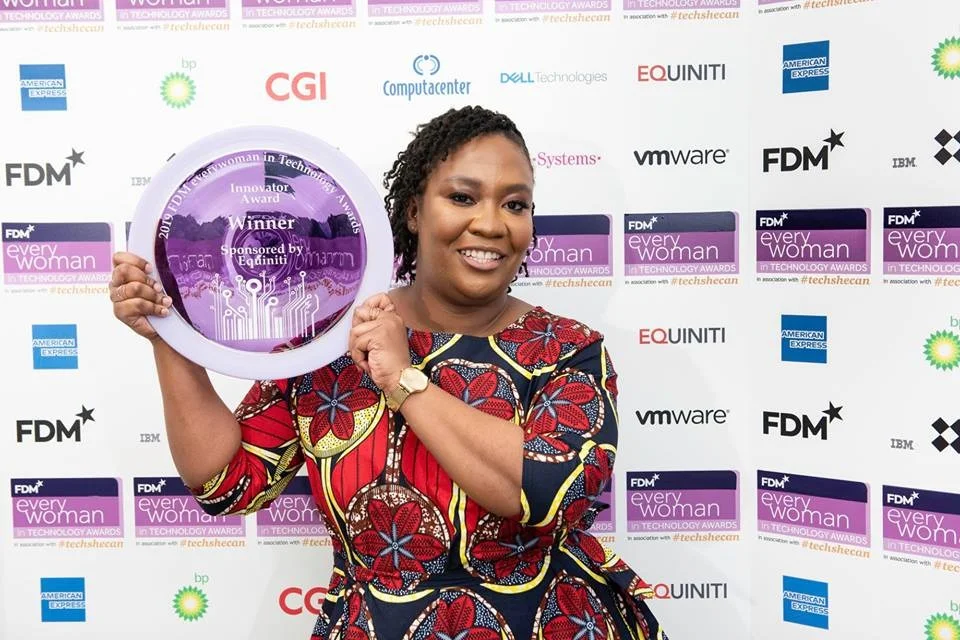Here Are 4 Reasons Why You Shouldn't Be Scared To Work In Tech Because You Are A Woman.
Women in Tech is not a new topic. So much has been written about it. So many incidents where women were picked on instead of being praised.
From sexist jokes being made at conferences to harassments in many workplaces, especially tech startups, one would have thought by now, we would have learned our lesson.
Well, we haven't and that's sad ... I came home last night to find a hashtag on twitter #ILookLikeAnEngineer . I wondered what it was all about and after digging deeper found this article that started it all.
After reading the article, I felt really sad and shared a tweet which got a bit of attention
I write code at @thoughtworks. In my spare time, I coach some amazing women to become engineers #ILookLikeAnEngineer pic.twitter.com/DbRBNJ89cP
— Edem Kumodzi (@edemkumodzi) August 3, 2015
After Isis's article, the Internet blew up with more responses from women in engineering careers across the globe.
#ILookLikeAnEngineer because #IAmAnEngineer. I've built underwater robots, worked at NASA... https://t.co/YGHAmyAoL3 pic.twitter.com/B24d2Q1MDJ
— Erin Summers (@eringineering) August 4, 2015
I'm a dev @thoughtworks doing #devops. #ILookLikeAnEngineer pic.twitter.com/l90PCRvQsH
— Magdalena Cassel (@miritum) August 5, 2015
Why do we keep talking about the need to have more women in tech and yet, every few months, it looks as if we have gone back to square zero? It's kinda like knowing very well eating fruits is healthy, going to the groceries store to buy some, dumping it at home and continue to eat the junk stuff.
I've been building beautiful, intuitive websites for 15 years & developing web apps for 2 years #ILookLikeAnEngineer pic.twitter.com/P7sBk1gWdJ
— liz abinante! (@feministy) August 5, 2015
I take this issue quite personal because I am surrounded by so many amazing women in tech that I look up to: Enyo, Leslie and many more. I have also had the opportunity to work with some amazing ones like Maureen, and coach others like Evy. So do I feel strongly about this because I'm surrounded with all these amazing women? Partly. It is also because the tech industry, more specifically computer science has been influenced by so many women. We all know about Bill Gates and Mark Zuckerberg today but I wonder what our industry would have been like without the influence of some women and it seems like many of us don't actually know about these breakthroughs and the fact that Hollywood gave us more than enough movies where the techies were always men didn't help much.
So let's go down the history lane and talk about some of my favorite women pioneers:
- Ada Lovelace was an English mathematician and writer, chiefly known for her work on Charles Babbage's early mechanical general-purpose computer, the Analytical Engine. Her notes on the engine include what is recognised as the first algorithm intended to be carried out by a machine. Because of this, she is often regarded as the first computer programmer.
- Grace Murray Hopper was an American computer scientist and United States Navy rear admiral. She was one of the first programmers of the Harvard Mark I computer in 1944, invented the first compiler for a computer programming language, and was one of those who popularized the idea of machine-independent programming languages which led to the development of COBOL, one of the first high-level programming languages. She is credited with popularizing the term "debugging" for fixing computer glitches (in one instance, removing a moth from a computer).
- "Frances Elizabeth 'Betty' Holberton: On her first day of classes at the University of Pennsylvania, Betty’s math professor told her that she should stay home raising children instead of wasting her time attempting to achieve a degree in mathematics, and was thus discouraged from pursuing it. Instead, Betty decided to study journalism, because its curriculum let her travel far a-field. Journalism was also one of the few programs of study open to women during that time." Betty was hired by the Moore School of Engineering to be part of the first group of programmers for the ENIAC, the world's first electronic computer, to compute ballistic trajectories. "After World War II, Betty worked at Remington Rand and the National Bureau of Standards. She was the Chief of the Programming Research Branch, Applied Mathematics Laboratory at the David Taylor Model Basin in 1959. She helped to develop the UNIVAC, wrote the first generative programming system (SORT/MERGE), and also the first statistical analysis package which was used for the 1950 US Census.
You can find more of such stories here ...
So yes, there have been some amazing women without who you probably wouldn't be here reading this blog post today. But over time, there has been a steady decline in the number of women who want to be part of the industry. And even those who join leave after a few years. How did this even start? In my opinion, I think it all started when the video games revolution started. When somehow, society made video games toys for boys and girls should play with dolls. As innocent as that seemed, it feels to me like it's had a profound effect on the long run. This perception gets re-inforced by the fact that some parents tell their kids who are boys they have to study maths and science in school, while telling the girls that they should do something else because they will eventually get married and raise children. There are also women who are interested in learning how to program and are scared because there's this misconception about programming that one needs to be good at maths to be a good programmer.
So I wrote this post to explain a few things:
1: The fact that you grew up playing with dolls doesn't make you less inferior to the men who work in tech. If you can take a doll apart and put it back together, you can architect computer systems too.
2: Programming nowadays is all about logic, it doesn't necessarily involve maths unless you work in some specialized fields. If you can make an argument and reason it out, you can write programs that express your intent.
3: Algorithms are to Programming what Recipes are to Cooking. For those who keep saying the woman's place is in the kitchen, I dare to say anyone who can cook a good meal can write efficient code.
4: Regardless of your field of work, you can become more productive if you understand and could program the computer tools and systems you work with.
There will always be trolls online who will try and scrutinize women in tech. This shouldn't stop any woman from getting into the game. We need to have more women so that we can look back 50 years from now and be proud of the work they've done.
If you want to get inspired, check the hashtag #ILookLikeAnEngineer on Twitter.
I love to code my own Minecraft mods. #ILookLikeAnEngineer and can't wait to be one someday. #proudmama pic.twitter.com/NihshBXXMJ
— Jodi Jahic (@jodij) August 4, 2015
Looking to get started with programming? Feel free to reach out
Guest Author: Edem Kumodzi is a Software Engineer with keen interest in enterprise information systems, Web & mobile applications. He currently works as a consultant at ThoughtWorks.
Opinions expressed by the author are his and his alone.








